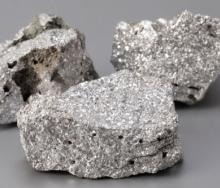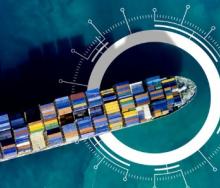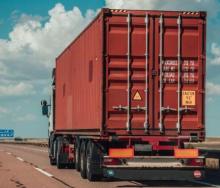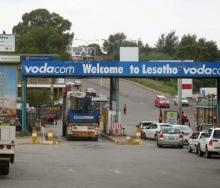The Government of National Unity’s decision to levy a “chrome tax” on exports is well-intentioned from a downstream beneficiation perspective, but is it worth targeting ore outflows to revitalise South Africa’s local ferrochrome industry?
Donald MacKay, the CEO of XA Global Trade Advisors, doesn’t think so.
Commenting on the announcement that chrome exports will now require a permit from the International Trade Administration Commission, he said the idea was first mooted back in 2020 when Ebrahim Patel was still minister in the Department of Trade, Industry and Competition.
Back then, it was argued that a chrome tariff would discourage the export of unprocessed ore, mainly to China, and instead encourage local smelting and beneficiation.
The aim remains protecting local ferrochrome producers, preserving jobs and boosting industrialisation.
But that’s one side of the story in a long saga of domestic manufacturing falling by the wayside, mainly because of South Africa’s electricity issues and the cost of blending iron with chrome to produce ferrochrome.
MacKay said it made sense from a capacity perspective as South Africa has the necessary mining means to rekindle the ferrochrome sector, but it was not that simple.
He said erstwhile duty protectionism by Patel didn’t revitalise the sector, mainly because it cost too much.
“Ferrochrome is extremely energy-intensive. The dual combination of load-shedding and very expensive electricity made it difficult. Many manufacturers closed their operations."
Yet, besides export controls, government also has an “industry electricity tariff realignment agreement, and expanded incentives for smelters operating in special economic zones”.
MacKay said it was clear that the move was supposed to support government’s ambitions to stimulate local manufacturing of an ore South Africa has in abundance.
“Beneficiation has become quite a magical word,” MacKay said.
“If you say the word, good things happen, but nobody seems to recall that we have a synonym for beneficiation – manufacturing. And it turns out that all manufacturers have roughly the same problem – they need better ports that work.”
Although it’s meant to appeal to the mining industry, which for years has battled nagging labour market concerns and underinvestment because of bad policy decisions by the relevant government departments, it still means that Eskom will have to forfeit potential revenue to afford the energy incentives pledged for restarting dormant ferrochrome smelters.
MacKay said: “Whatever you extract from Eskom, you're going to have to borrow and give back to them in the form of a bailout.
“Potentially, we're just going to sink deeper into debt to try and kick-start manufacturing at home in the mining industry, which has become a very unattractive sector.”
Michael Henning, general manager at Easy Clear, who flagged the matter on behalf of their bulk cargo clients, said it seemed like another example of government not thinking things through properly.













